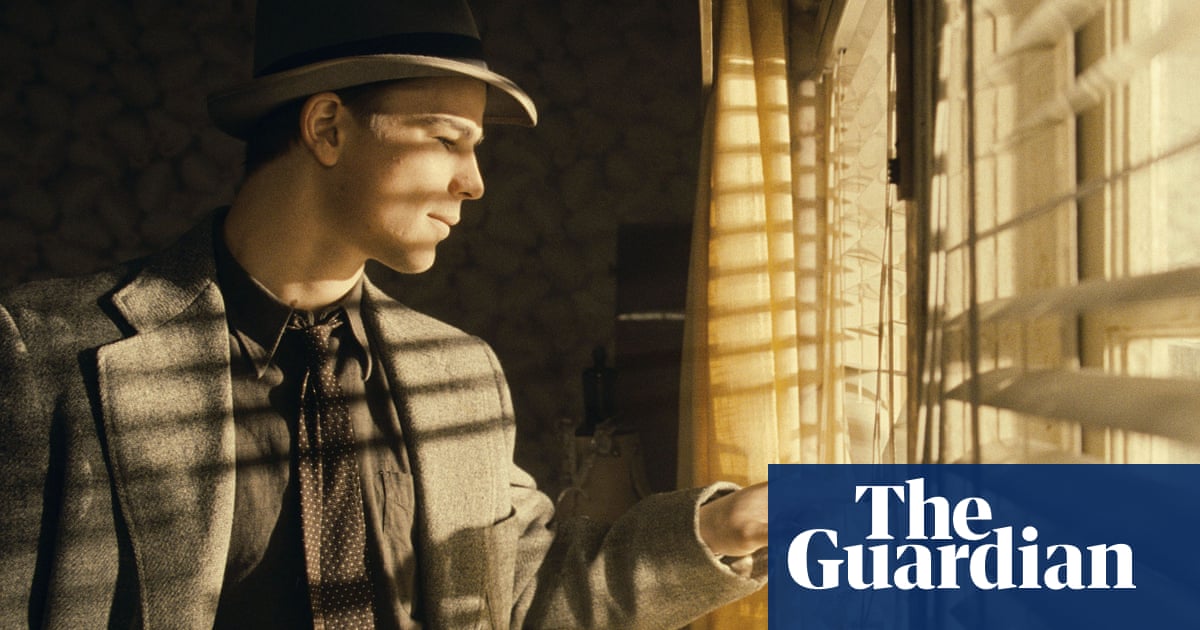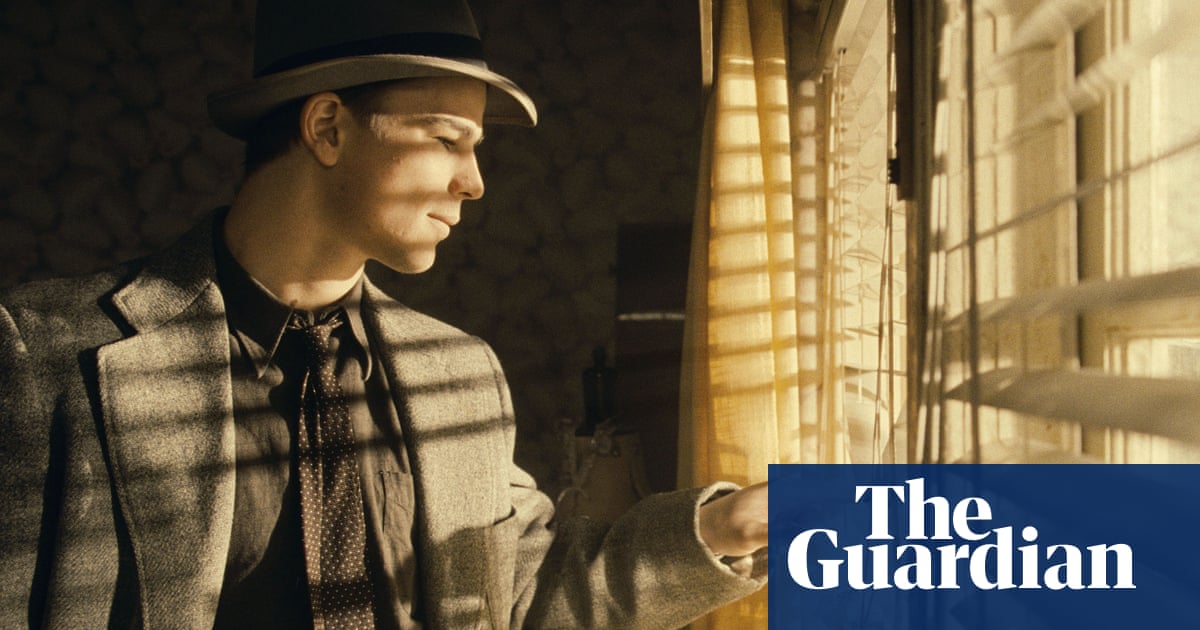I knew pretty quickly I was on to something: James Ellroy on writing The Black Dahlia
The death of wannabe starlet Elizabeth Short became entwined in Ellroys mind with the murder of his mother and inspired his bestselling novel

I had written six novels before Dahlia, but my primary income throughout this time had come not from books, but from being a golf caddy. At first, I worked at the Bel-Air Country Club in Los Angeles, but around the time my first book, Browns Requiem, was published in 1981, I moved to Westchester County, about half an hour outside New York City. I had first heard about what became known as the Black Dahlia murder case the horrifying and unsolved violent death of wannabe starlet Elizabeth Short in late 1940s Los Angeles, just a few months after the unsolved murder of my mother, Geneva Hilliker Ellroy, in 1958, when I was 10 years of age. That, as you can imagine, betrothed me to crime. The cases became entwined in my mind, and my intellectual curiosity has stayed focused on crime lo these many decades.

But when I started writing novels, I didnt feel that I was up to writing The Black Dahlia. In part this was due to the great success of John Gregory Dunnes 1977 novel, True Confessions, which had transposed 1940s Irish Catholic Hartford, Connecticut to LA. I needed to develop a story completely antithetical to Mr Dunnes, and so I began to think and I began to save money. When I got together 300 bucks which took a while I went to the bank and withdrew it all in quarters, which I triple-wrapped in pillowcases to take to New York City and the huge public library on 42nd Street. There I secured an inter-library loan of LA newspapers from 15 January 1947 the day Shorts body was found to April 1947, when the investigation dwindled off the front pages. For days on end I fed my quarters into a micro fiche machine as I researched every detail of her murder.
I knew pretty quickly that I was on to something, and about halfway through writing the book I had an astonishing moment where the entirety of my later novel LA Confidential came to me in a flash: the breadth of LA in the 1950s, the murders in a meat locker, scandal rag journalism, all of it. I realised then that I would go on and write the LA Quartet, and knew for the first time that whatever I could conceive I could execute.
By the time The Black Dahlia was published in 1987, I had actually started to make some good money and so hired my own independent publicist who organised a trans-country book tour. It quickly became clear that I had tapped into this very rich vein of curiosity that has always attended the Black Dahlia murder case, and that readers agreed that I was on to something. I bid farewell to caddying. Everything changed. People started looking at me, and reading me, differently. I got a spread in People magazine, a groovy girlfriend, a marriage, then a quick divorce, and had other stupid young guy adventures.
The Black Dahlia remains a favourite for readers and my biggest seller in many countries around the world. It is accessible in its size and scope in a way that my subsequent books are not, but this was the opening salvo of what you might call the mature James Ellroy oeuvre. When the LA Quartet and my Underworld USA Trilogy went into the Everymans Library last year, it was a very proud moment for me, and the culmination of an attempt to honour two women who had died too young: Betty Short and Jean Hilliker.
James Ellroys This Storm is published in paperback this week by Windmill.
Read more: https://www.theguardian.com/books/2020/feb/29/james-ellroy-on-writing-the-black-dahlia
